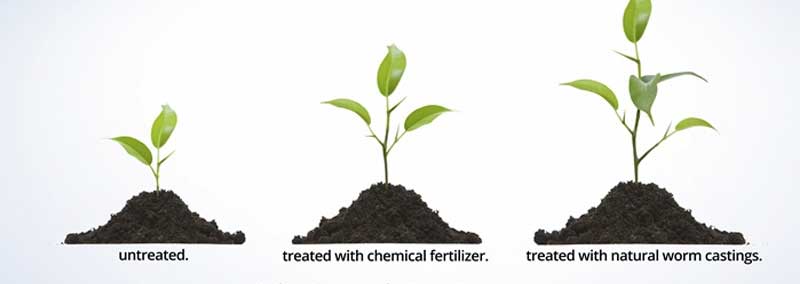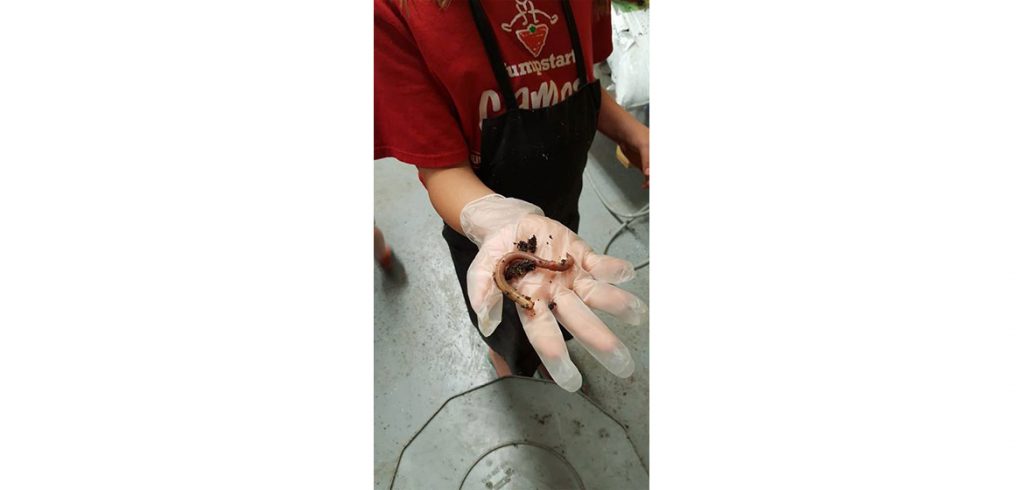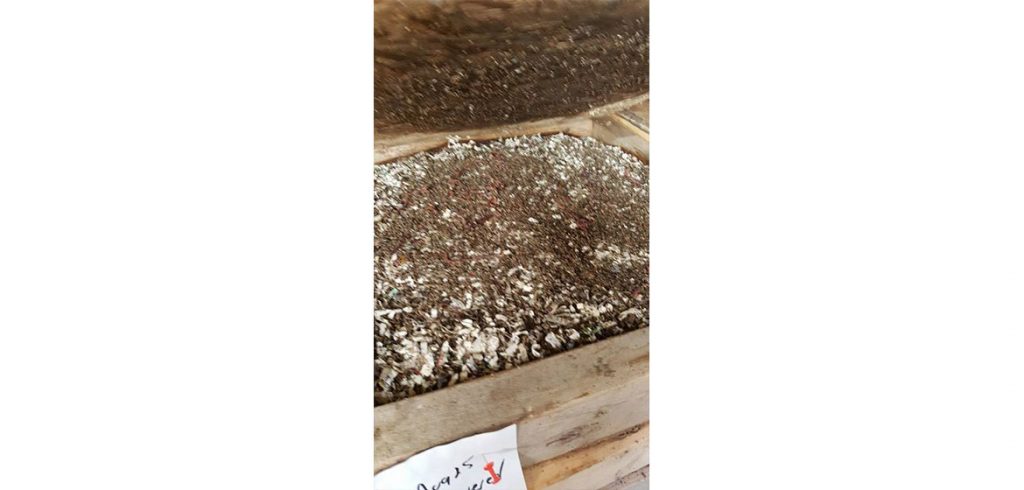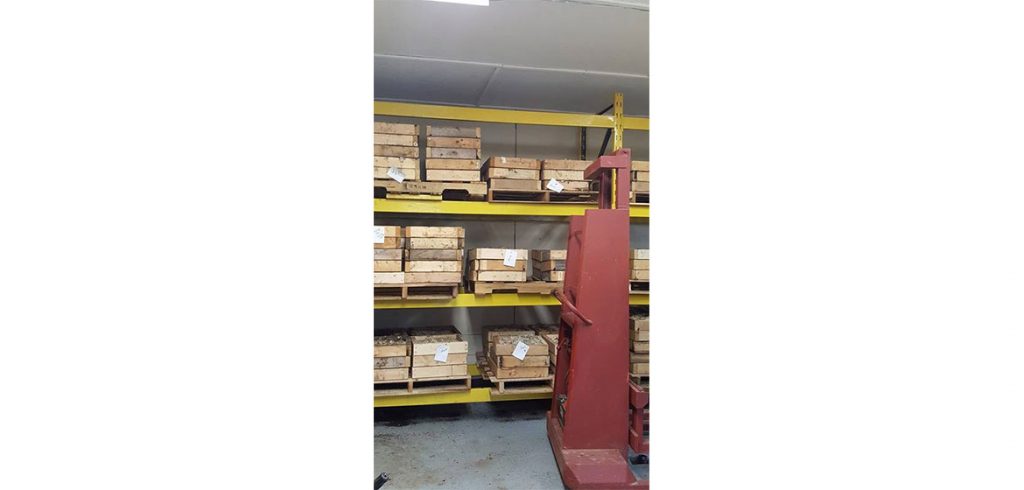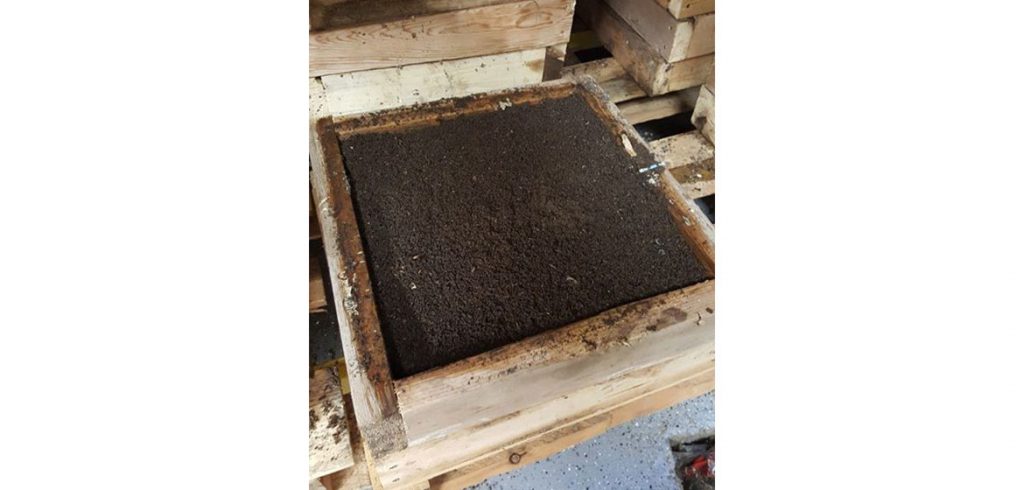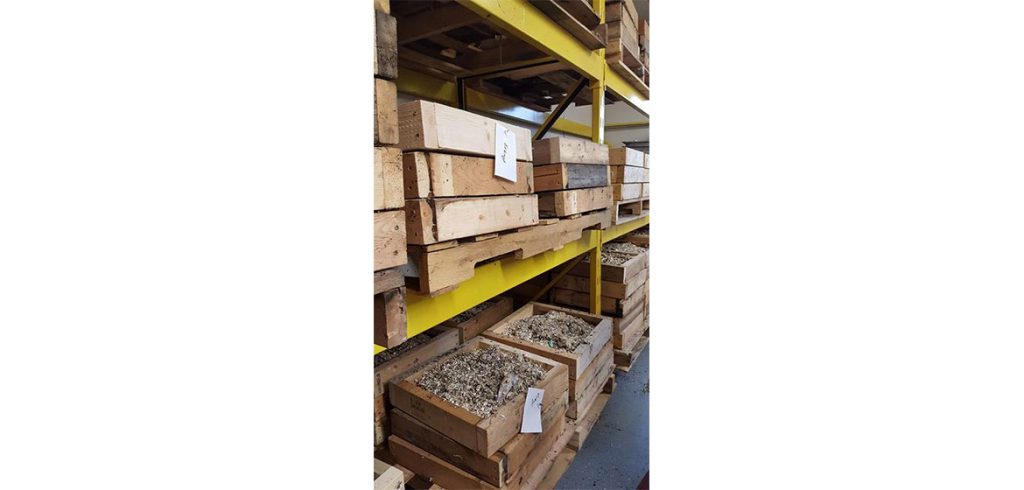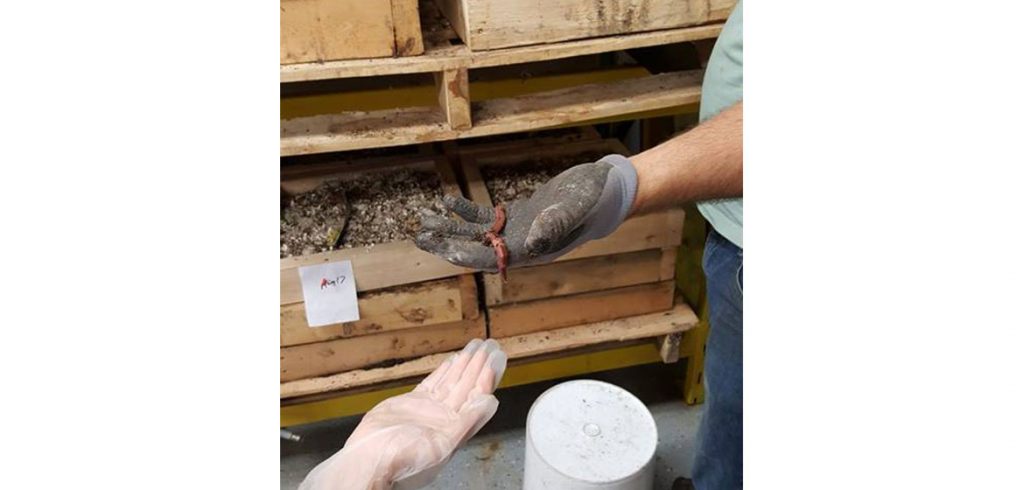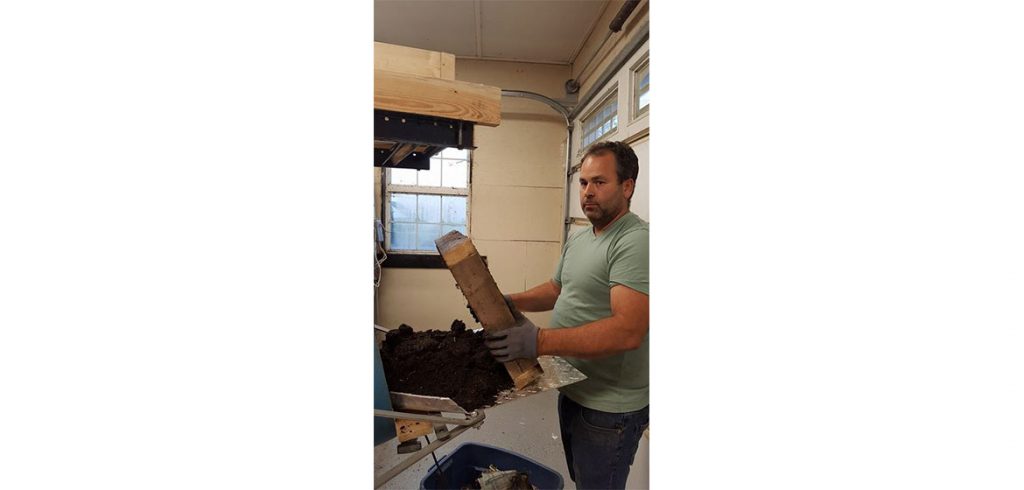The secret to baiting worms out of your compost bin
This video can reveal the secret of attracting red wigglers and baiting them out of your compost bin. What do red wigglers like to eat the most? Here you can see 8 different foods placed in the crate full of worms. Sometimes it is impossible to find the worms quickly if you need them. What
The secret to baiting worms out of your compost bin Read More »
The difference with chemical-free worm castings
See the difference with chemical-free worm castings. Plants grow up to 126% larger and stronger, yielding more with organic, all-natural vermicompost.
Funny facts about worms
Do worms have eyes? No, red worms do not have eyes. They are very sensitive to bright light. They will try to hide as soon as exposed. Where is the mouth? The worm’s mouth is in the first anterior segment.There is a small protruding lip just over the mouth, called prostomium. When the worm is
What Are The Other Creatures In My Worm Bin?
Once your composting worm bin has been going for a while, you may notice other creatures like white worms, springtails, and millipedes living in your bin.
Do worms need air?
Worms need oxygen to live. The oxygen diffuses across the moist tissue of their skin, from the region of greater concentration of oxygen (air) to that of lower concentration (inside the worm.)Carbon dioxide produced by the bodily processes of the worm also diffuses through skin. Moving from higher concentration to lesser concentration, carbon dioxide moves
What Happens To My Worms In The Winter?
When it gets colder, your worms will slow down, and will not be able to digest as much food waste. You will most likely need to cut back on the amount of food waste you feed your worms between November and February. Red worms can survive cold winters outside if protected by bedding in a
What Is Growing In My Worm Bin?
You may occasionally notice patches of mold or sprouts in your worm bin
What do I do if my Compost or worm bin smells?
Unpleasant odors in a worm bin may result from too much food waste, too much moisture, or composting cheese or animal products.

